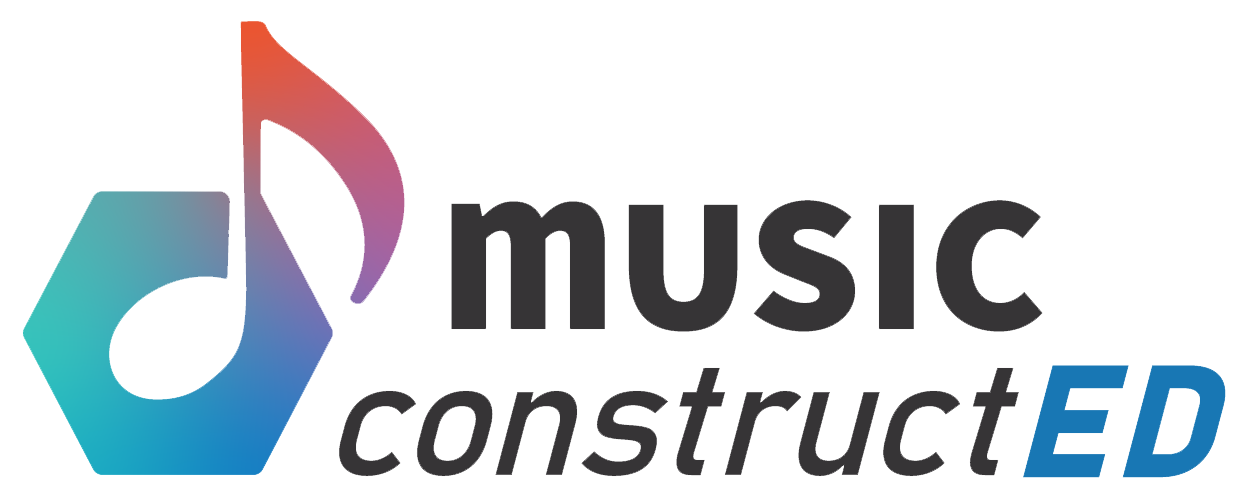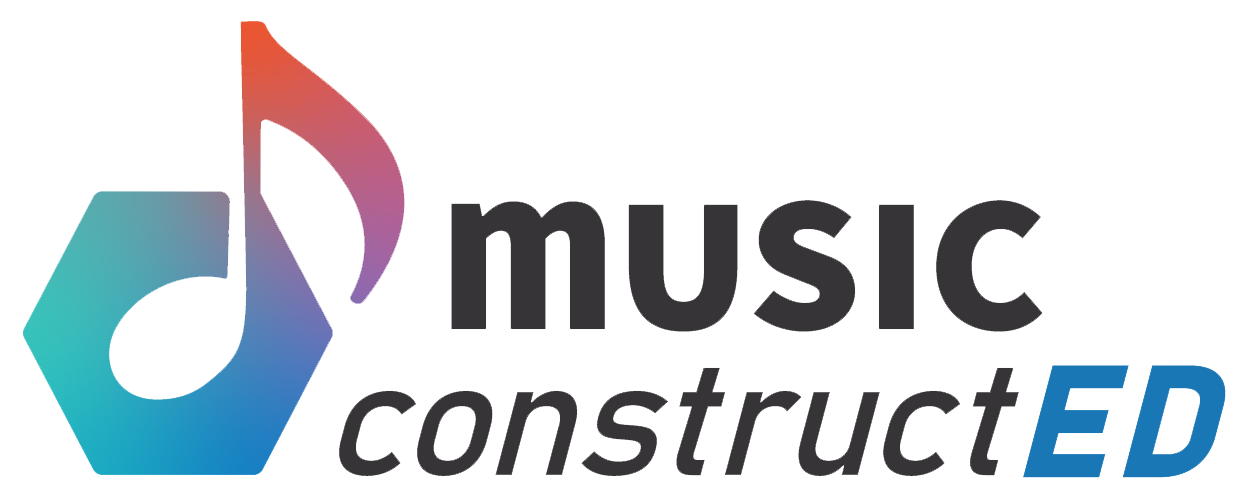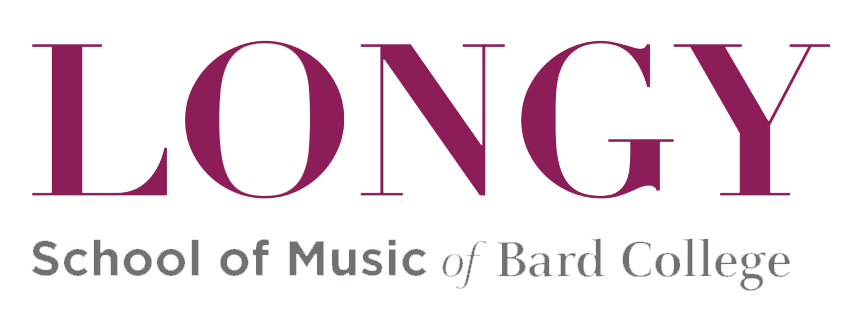SKU: GEES-ODPD
Course Description
In this course you will learn about how to make practical changes in your music curriculum (for any grade level of your choosing!) that can "level-up" your teaching practices and help instill equity in your PreK-8 music curriculum. Come learn strategies on how to engage learners in a way that fits their learning and social needs both in and out of the classroom. Topics to be covered will include curriculum and assessment from both a practical and philosophical view, rubrics and grading systems, engagement strategies that center student learning and social needs, student self-assessment, and building student agency through fostering opportunities for voice and choice. Relevance takes center stage as all teachers engage in curriculum development for their students and with their students during this course! Access, equity and inclusion—pass it on!
Instructor
Dr. Erin Zaffini
Course Credit/Hours
3 Credits
Course Objectives
At the conclusion of this course, students will be able to:
- Understand the importance of access, equity, inclusion, and student agency in the music classroom.
- Develop curriculum and assessment tools that promote equity within a preK-8 general music classroom.
- Integrate authentic and practical strategies for fostering access, equity, inclusion, and student agency into the music classroom.
- Combine curriculum development, student needs, and equity-centered design to create effective and inclusive music lessons.
- Collaborate with colleagues and students to design lessons and assessments that enhance student learning and engagement.
- Learn-by-doing through hands-on experiences in curriculum and assessment development.
- Create music classroom environments that are inclusive and relevant to diverse student populations.
Prerequisites
Bachelor’s degree and teaching certificate in the area of music.
Required Materials
- Readings will be provided in class
- Shared Google Drive of resources
Course Format & Technology
Our courses utilize a custom Learning Management System (LMS). They are conducted asynchronously and remotely and feature independent activities. You will receive a suggested timeline for completing each reading and assignment. You can correspond with your instructor and submit all assignments within the LMS.
- Teachers will need their own devices with a stable internet connection to access the digital Learning Management System (LMS) which is provided by Music ConstructED.
- Access to Microsoft Word and PowerPoint or Google Docs and Google Slides (you can register for a free Google account if you do not already have one).
Online Activities will include:
- Context self-assessment
- Philosophy check
- Hidden Curriculum Inventory
- Student Needs Inventory
- Big Level Curriculum Goals
- “I Can” standards revision
- Checklists/rubrics/other assessments
- Lesson plan audits
- Discussion posts
- Final Curriculum
Refund Policy:
Within 14 days: For a period of 14 days before the start of the course, a full refund will be given on the total amount of tuition fees paid, less processing fees and registrar fees, at the time of cancellation. The student must notify Music ConstructED in writing via email or letter received on or before the 14-day period. If you apply for a refund within 14 days of the course start date, our refund policy does not apply. However, you can transfer to a different MCED course by paying the registration fee of $60 per graduate credit.
Here is the class outline:
Graduate Course IntroductionInformation and policies for students in the course. This lesson module requires approximately 1 hour to complete. 7 sections
|
|||||||
|
Context in Music EducationThis module explores how context drives everything we do in our music classrooms. We discuss how various aspects of your context, such as school climate, community expectations, students’ needs, and your own development as a teacher influence what and how you teach. We also discuss the four types of curricula and how those might apply in your own setting. Jerome Bruner's modes of progression and their application in educational settings, particularly in elementary music education. We apply these ideas into some self-assessments of your current practice. 6 sections
|
||||||
|
Equity-Centered Music EducationIn this module, you will directly apply various tools to check your current teaching and learning practices for equity in music education. We will talk about how hidden curriculum plays a role in equity, and you will take actionable steps to identify hidden curriculum in your current curriculum. 6 sections
|
||||||
|
Assessment PracticesIn this module, we talk about the role of assessment in music class and how that can plan a crucial part in supporting equity in the music classroom. You will learn about how variety in assessments supports students’ needs and overall academic growth. This module also marks the beginning of the work you will do for your final project: creating a full unit for a class or grade level of your choosing that center equity-design practices. 6 sections
|
||||||
|
Student-Driven Clarity and Assessment DocumentationIn this module, we talk about the importance of informing our students about how they will be assessed. We delve into writing lesson plan objectives through the student lens, and how we can bring students into the process by allowing students to choose objectives, participate in self-reflection, and work collaboratively with each other to achieve those goals. 4 sections
|
||||
|
Designing Learning Activities and Lesson PlansIn this module, you will embark on the next phase of your curriculum development: Designing learning activities and writing equity-centered lesson plans for your students. I share ways that students can give feedback to you throughout the process, how to engage them in co-designing, and the importance of variety in learning experiences when it comes to helping students meet your high standards. Finally, we talk about how students learn and how this science-based research should inform our lesson plan writing. 2 sections
|
||
|
Teach and ReflectIn these modules, you will take your designed lesson plans and unit and put it into action in your chosen context. To ultimate goals of these last weeks in the course are to be flexible with yourself, your students, and reflect alone and with them to help make changes and drive decisions made while testing out your new unit. 2 sections
|
||
|
Graduate Course CompletionFinal important information for the student including Longy transcripts and accessing grades. 2 sections
|
||
|
Completion
The following certificates are awarded when the class is completed:
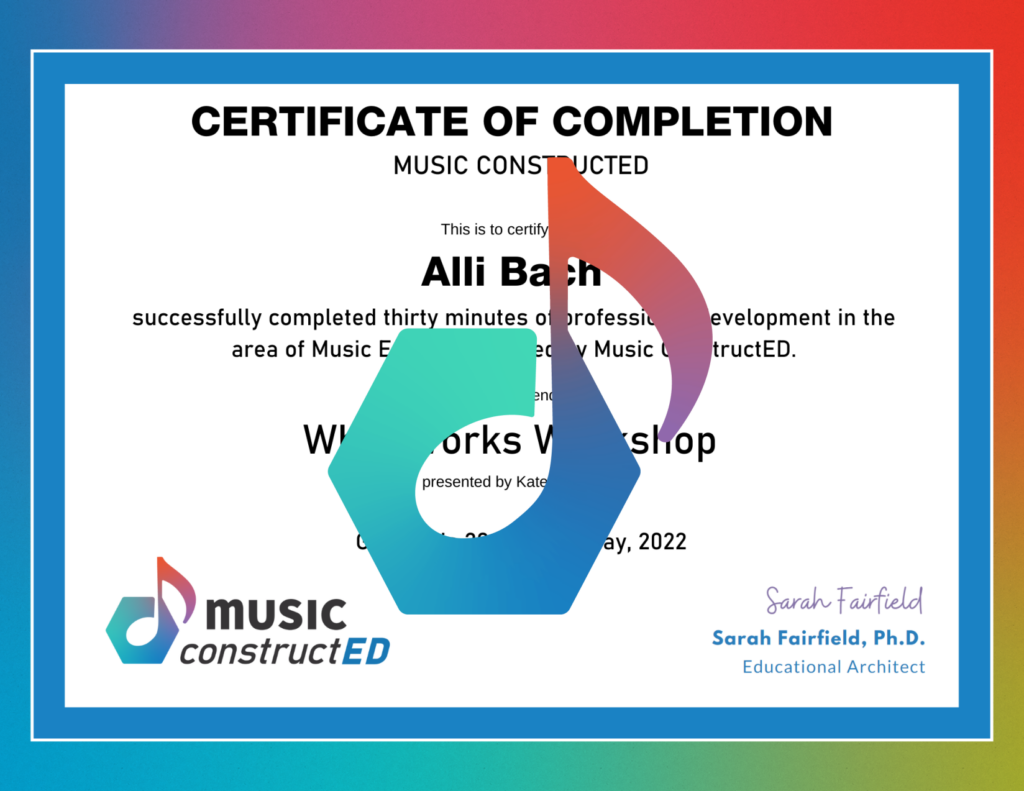 |
Longy Graduate Course Certificate of Completion - ED 501 3 Credit |




